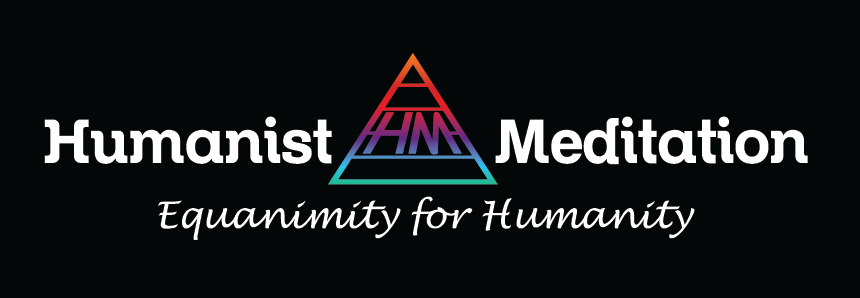
Meditation has many definitions. The meaning of meditation in this context is the purposeful focusing of the mind on any object or group of objects in the present moment. The goal is to quiet the “monkey mind” and clearly sense what is happening in the here and now. This is done without any judgement about either the object of meditation or any of the inevitable distractions that occur while meditating. The practitioner seeks to become so absorbed in the object(s) of the meditation, that eventually, all other sensations fade well into the background and are easily ignored. Clearly, this does not preclude being immediately alerted to any situation that requires immediate attention and it is important to start the practice with this in mind.
Meditation can take many forms. Something as simple as focusing on the breath and something as complex as directed daydreaming are both forms of meditation as long as the practitioner is consciously at the controls and aware of the purpose of the meditation.
Benefits of Meditation
As a result, meditation practice can be a significant addition to the life of the meditator not only in learning how to quiet the mind and truly relax, but also learning how to use the imagination to create wonderful experiences. It has also been shown through scientific means that regular practicing of meditation can have both medical and psychological benefits. There are references pointing to scientific studies shown on the “Resources” page.
